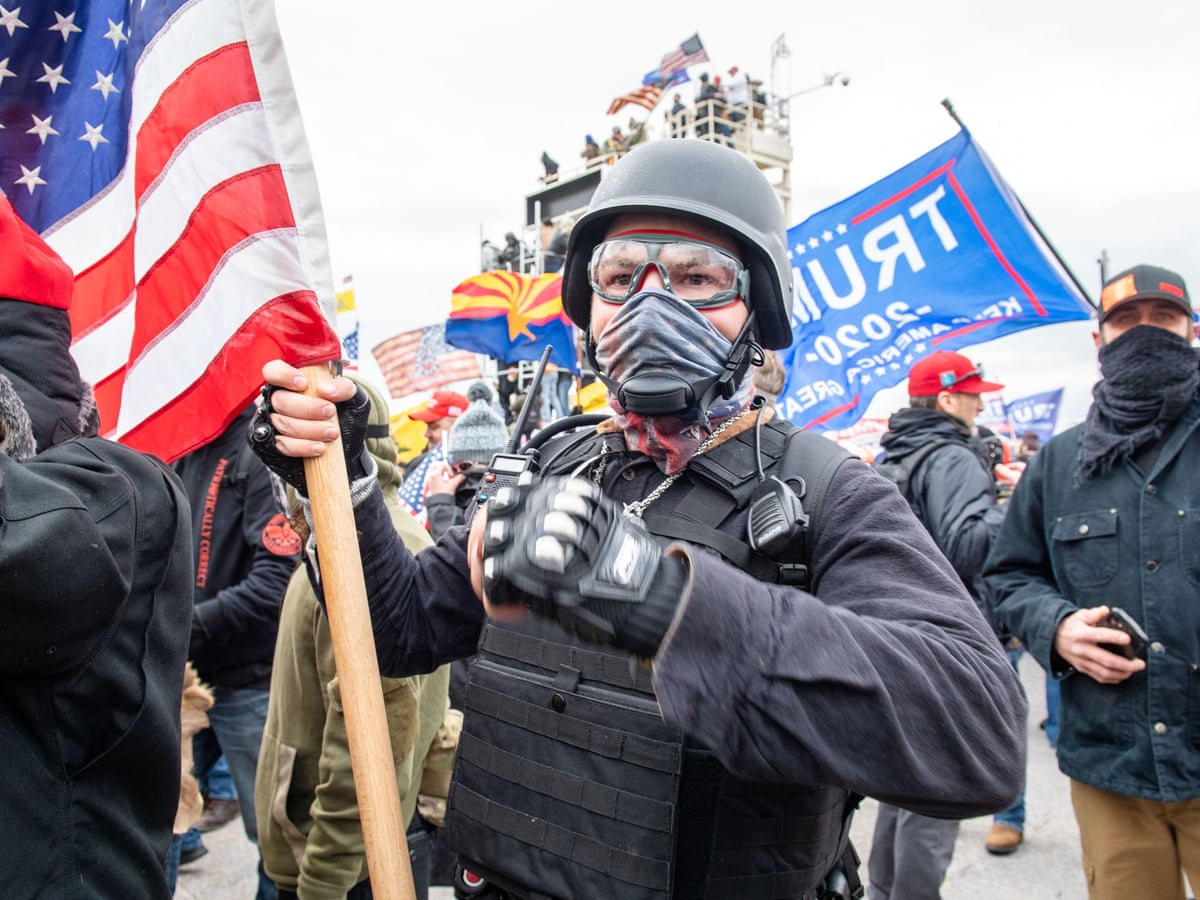
The Fierce Urgency of Now
By Jay D. Jurie
Endorsed by the CCDS National Executive
Later this year the midterm elections will determine whether the Democratic Party will lose control of the US Senate, the House, or both. A loss of either would significantly advance the Republican Party drive to create a one-party state along with a neo-fascist seizure of power. If such success was followed by a Trump victory in 2024, or the victory of an even more capable neo-fascist in 2025, such a takeover would virtually be guaranteed.
Already underway is a reconfiguration of a wide variety of public policies by state governments under the control of Republican governors and/or supermajority legislatures. Besides standard Republican goals denying worker and reproductive rights, more corporate welfare for the wealthy, and so on, the ante has been upped by the Republican conversion into a de facto neo-fascist party. More recently we’ve seen measures that directly assault democracy, the democratic process and institutions. These include voter suppression, the designation of false slates of electors, and the substitution of far right loyalists for conventional election officials, among others.
Cementing such a transformation into place would produce drastically severe consequences for progressive organizations, campaigns, and ideals along with the restructuring and disruption of the daily lives of millions of US citizens and residents. For the neo-fascist project to succeed, more in the US would need to be persuaded to get on board and support changes brought about, as many doubtlessly would. Others who are not in accord, or who resist these changes, will find themselves subject to active repression, including quite possibly detention and violent reprisals.
Yet many, including progressives, continue to go about their normal routine oblivious to this looming threat. Much of what the progressive agenda seeks to advance will of necessity have to be put on sustained hold if such events were to come to pass. There will be little or no chance to pass, enact, or administer legislation or other measures that vitally affect the lives and well-being of millions and our environment. It has not registered with the public at large what these changes would mean to their routines and aspirations, which for those not in accord with them, would prove extreme and highly undesirable.
We have two urgent responsibilities at this moment. First, regardless of other issues we may be pursuing, we must add significant electoral involvement to our “must do” list. In some instances we can use the electoral dilemma to advance our causes de jour, so the two might dovetail. In other words, we don’t have to drop what we’re doing to rush over to do electoral work. But to the extent that work is not on our current agenda, it is incumbent upon us to make it so, or, to prioritize it if need be.
The important second task is to consider what we might do in the aftermath of a possible neo-fascist victory. What will we need to survive, carry on important elements of our work, even if underground, and to mount effective resistance? We do have models to draw upon, about which we should undertake a quick study, and learn more. We need to think through this contingency and be as prepared as possible, to incorporate what we need into our planning, and be ready to keep moving even under what would prove to be very adverse circumstances.
As Palmiro Togliatti, who survived fascism under Mussolini, taught us in his Lectures on Fascism, “Totalitarianism does not close the path of struggle…but opens new paths (p. 27).”
